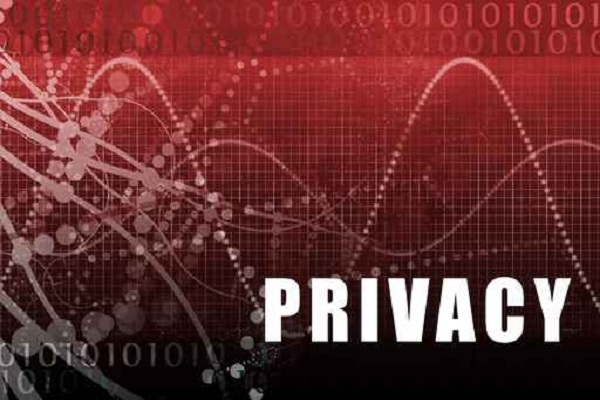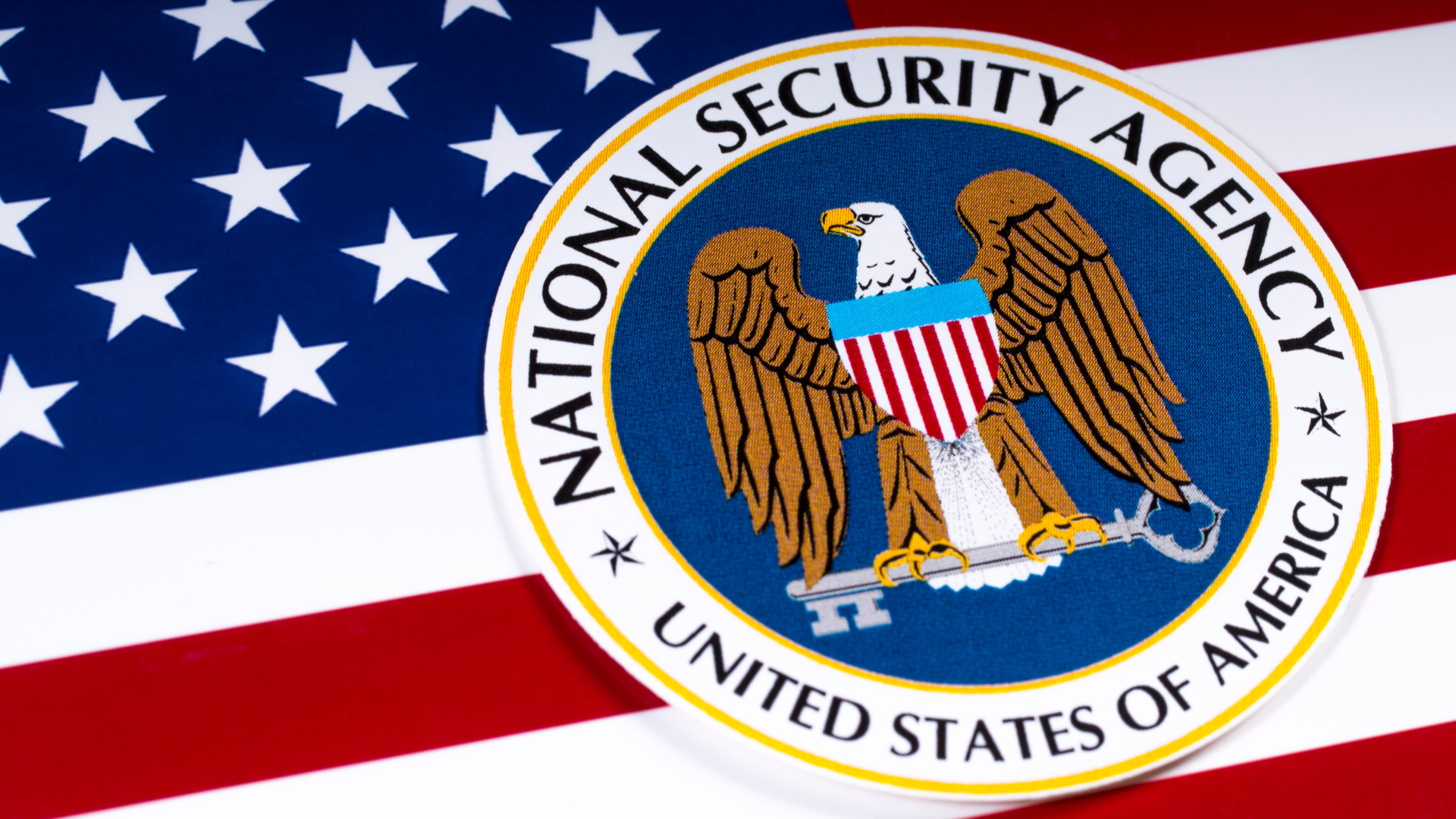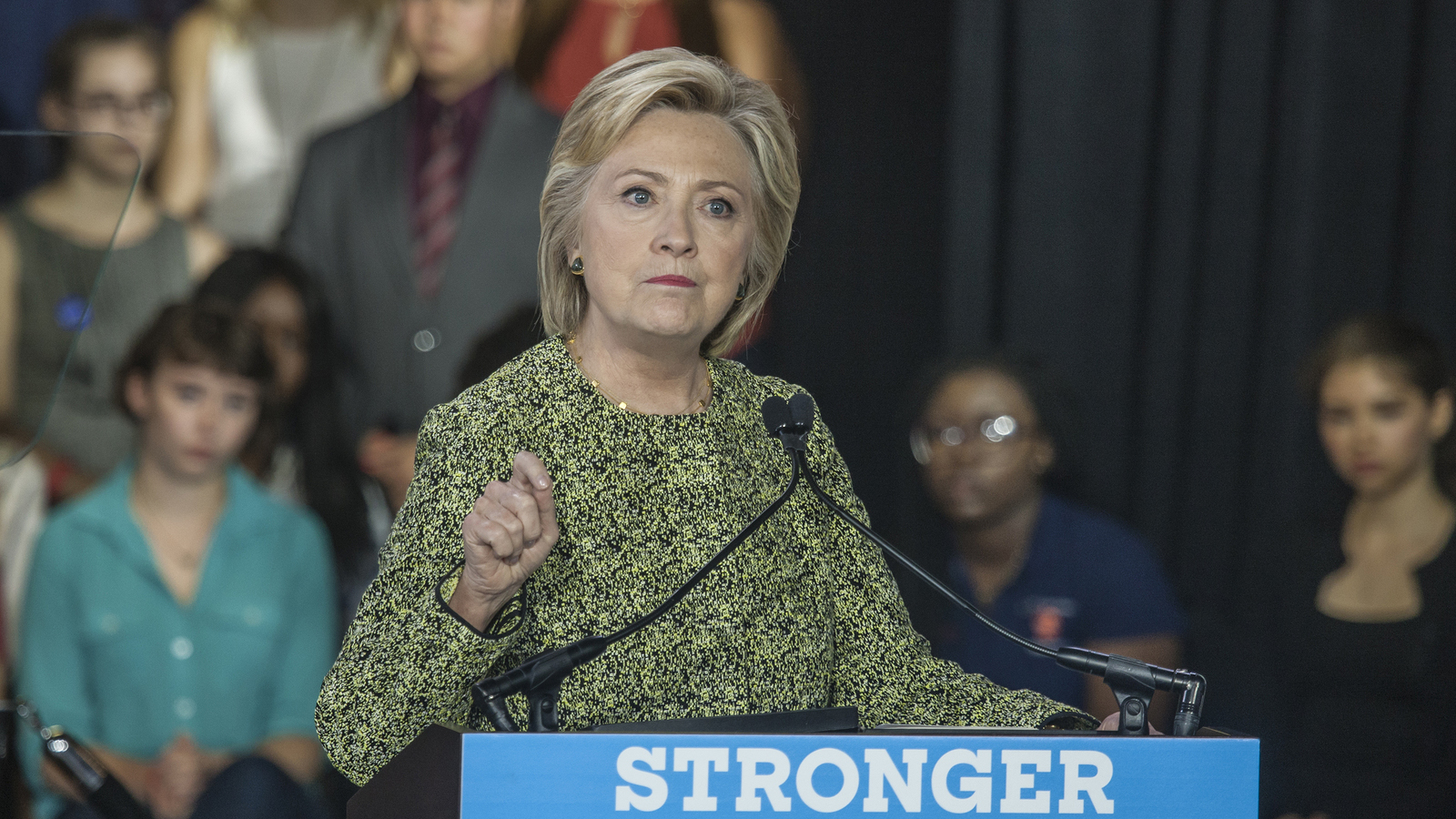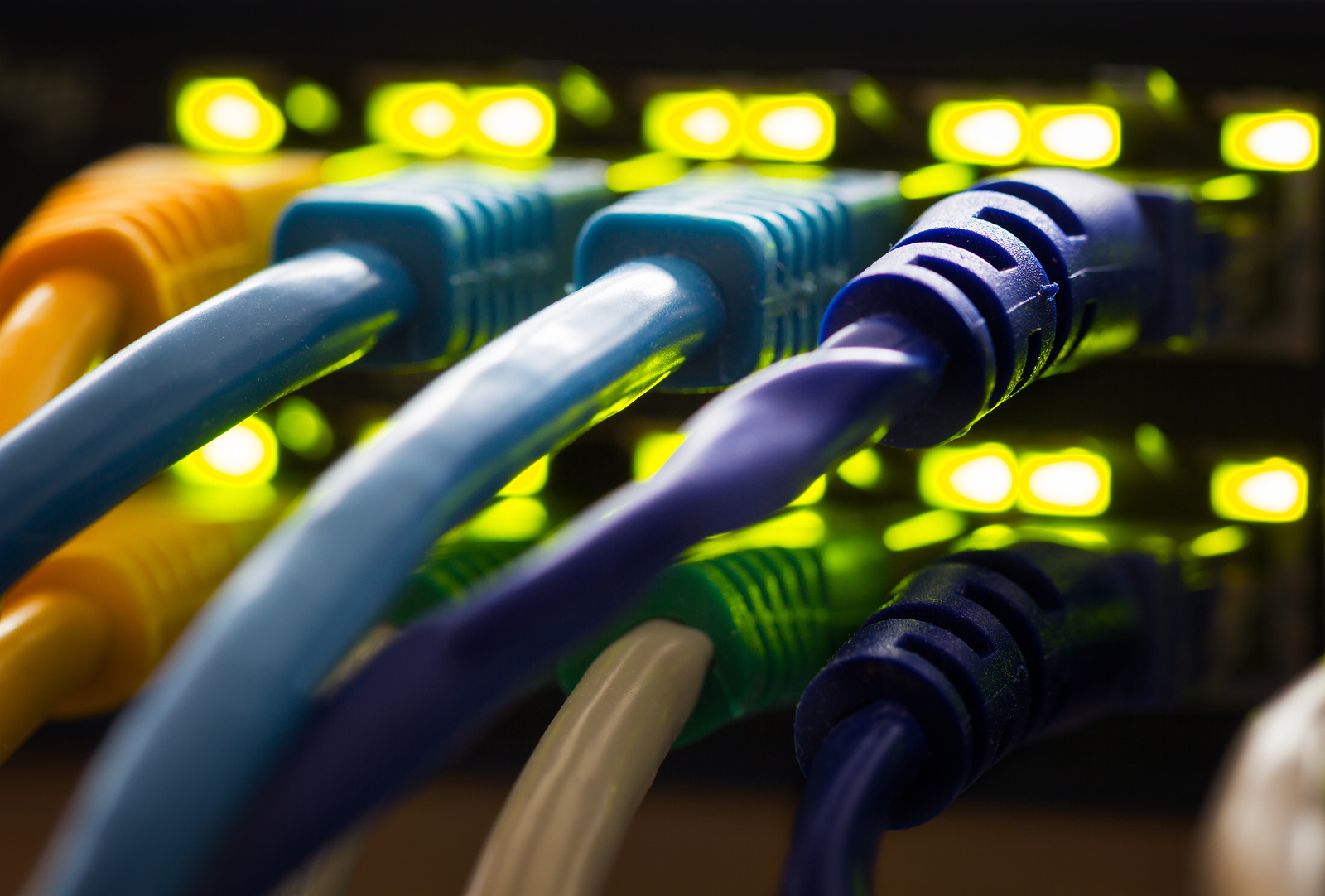Draft Communications Data Bill enrages privacy groups
The "Snoopers' Charter" could leave UK citizens at risk from blackmail and data theft, experts warn.

Privacy campaigners have raised concerns that, if approved in its current form, the Communications Data Bill would leave UK citizens open to extortion and blackmail.
Dubbed the "Snooper's Charter", the Bill will provide law enforcement agencies, such as GCHQ, with access to communications data to help detect criminal activity.
For many years, communications data from landline telephones and mobiles has been used to catch criminals.
A draft version of the Bill was published yesterday, with Home Secretary Theresa May hailing the move as an important next step in the ongoing fight against serious crime.
"For many years our police and security and intelligence agencies have used communications data from landline telephones and mobiles to catch criminals," said May in introduction of the Bill.
"But the ability of the police and others to use this vital tool is disappearing because communications data from new technologies is less available and often harder to access."
Without urgent action, May claims this could lead to "crimes enabled by the internet" going undetected, which could put UK citizens in danger.
Get the ITPro daily newsletter
Sign up today and you will receive a free copy of our Future Focus 2025 report - the leading guidance on AI, cybersecurity and other IT challenges as per 700+ senior executives
"No responsible Government could allow such a situation to develop unaddressed," she added.
Parliamentary debate
The Bill's content was debated by privacy campaigners and MPs during an event at the Houses of Parliament yesterday.
Speaking at the event, Eric King, head of research at campaign group Privacy International, warned the proposals would put the "nation's internet under surveillance," as companies will be forced to retain data massive amounts of data about their customers.
"[The Government] is saying they want everything you've got and, if you can't, we'll give you the tools," said King.
"We think this will include black boxes...that will intercept every single packet...because there is no way any of this will work without intercepting every packet."
-
 Third time lucky? Microsoft finally begins roll-out of controversial Recall feature
Third time lucky? Microsoft finally begins roll-out of controversial Recall featureNews The Windows Recall feature has been plagued by setbacks and backlash from security professionals
By Emma Woollacott Published
-
 The UK government wants quantum technology out of the lab and in the hands of enterprises
The UK government wants quantum technology out of the lab and in the hands of enterprisesNews The UK government has unveiled plans to invest £121 million in quantum computing projects in an effort to drive real-world applications and adoption rates.
By Emma Woollacott Published
-
 HPE inks $2 billion high-performance computing deal with the NSA
HPE inks $2 billion high-performance computing deal with the NSANews HPE will provide scalable on-premises computing to the NSA using Greenlake
By Danny Bradbury Published
-
 TikTok to open first European data centre in Ireland
TikTok to open first European data centre in IrelandNews The move could signify a desire to shift its operations away from the US as well as secure its position in the European market
By Sabina Weston Published
-
MPs in a muddle over GDPR and storing voters' personal data
News Labour MP Chris Bryant says his staff were told to delete constituents' data
By Bobby Hellard Published
-
 White House launches official investigation into use of personal email accounts
White House launches official investigation into use of personal email accountsNews Senate Intelligence Committee rebukes Kushner for omitting private account
By Adam Shepherd Published
-
 UK to re-invest £645m into 'superfast' broadband rollout
UK to re-invest £645m into 'superfast' broadband rolloutNews £465 million was recovered from contract clauses with BT
By Dale Walker Published
-
 UK government offers £16m 5G research fund for 2018 trials
UK government offers £16m 5G research fund for 2018 trialsNews Three universities will share the cash to help develop test networks
By Dale Walker Published
-
 Ofcom: Millions of homes unable to access "decent" broadband
Ofcom: Millions of homes unable to access "decent" broadbandNews Regulator Ofcom says an "unacceptable" number of businesses and homes cannot access speeds over 10Mbit/s
By Dale Walker Published
-
 Autumn Statement: Hammond wants to turn startups into scale-ups
Autumn Statement: Hammond wants to turn startups into scale-upsIn-depth Chancellor announces 5G funding and cash for driverless cars
By Joe Curtis Published